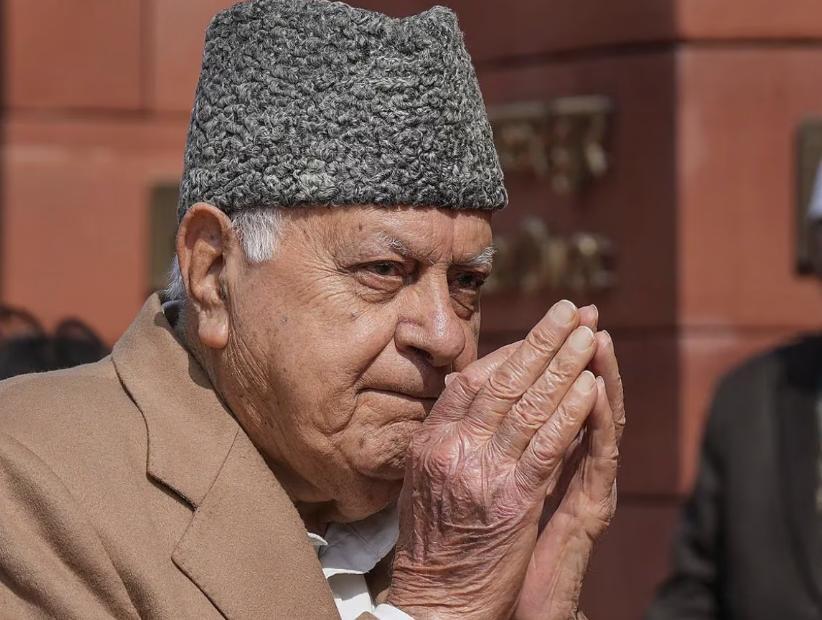
Ex-R&AW chief Dulat claims Farooq privately backed Article 370 abrogation, he denies
The abrogation of Article 370, a constitutional provision that granted special status to Jammu and Kashmir, has been a contentious issue in Indian politics. The move, taken by the government in August 2019, led to widespread protests and chaos in the region. Now, a new revelation has emerged, claiming that former Jammu and Kashmir Chief Minister Farooq Abdullah privately backed the abrogation of Article 370.
According to former R&AW chief A.S. Dulat’s new book, ‘The Chief Minister and the Spy’, Farooq Abdullah had secretly supported the move to scrap Article 370. Dulat, who served as the chief of the Research and Analysis Wing (R&AW) from 1999 to 2000, claims that Abdullah’s National Conference (NC) had suggested that the abrogation of Article 370 would have helped in passing the Bill in the Parliament.
However, Farooq Abdullah has vehemently denied these claims, terming them as “a figment of imagination of the author who claims to be my friend”. In a statement, Abdullah said, “I have no idea what this book is talking about. I have never supported the abrogation of Article 370. I have been a strong advocate of the state’s special status and will continue to be so.”
Dulat’s claim has sparked a heated debate, with many questioning the credibility of the former R&AW chief. Dulat, who has written extensively on national security and politics, has built a reputation for himself as a seasoned intelligence professional. His book, which is a memoir of his time in R&AW, is expected to provide a unique insight into the workings of the intelligence agency and the political landscape of the country.
However, critics have pointed out that Dulat’s claims are not backed by any concrete evidence and are based on his personal conversations with Abdullah. They have also questioned the timing of the revelation, which is seen as an attempt to sensationalize the book’s release.
The controversy surrounding Dulat’s claim has also raised questions about the role of the R&AW in shaping India’s political narrative. The agency, which is responsible for collecting and analyzing intelligence on national security, has often been accused of meddling in politics. Dulat’s claim that Abdullah privately backed the abrogation of Article 370 has added fuel to the fire, with many calling for greater transparency and accountability from the agency.
The debate has also highlighted the complex relationship between politics and intelligence gathering in India. The R&AW, which is known for its expertise in collecting and analyzing intelligence, has often found itself at the center of political controversies. The agency’s role in shaping India’s foreign policy and national security has been a subject of intense scrutiny, with many questioning its motivations and methods.
In conclusion, the controversy surrounding Dulat’s claim that Farooq Abdullah privately backed the abrogation of Article 370 is a complex issue that highlights the blurred lines between politics and intelligence gathering in India. While Dulat’s claims have sparked a heated debate, they are not backed by concrete evidence and are based on his personal conversations with Abdullah. The issue highlights the need for greater transparency and accountability from the R&AW and the political establishment, and underscores the importance of separating fact from fiction in the world of politics and intelligence gathering.
Source: https://repository.inshorts.com/articles/en/PTI/5880e3bf-0a05-40d6-887a-465b5c760b3a






